StreetScooter 2.0 – How Günther Schuh plans his comeback with the StreetRunner
On Tuesday, 24 June, the StreetRunner GmbH is scheduled to present its UpVan in Düren near Cologne in Germany. The launch marks the latest chapter in Schuh’s eMobility journey. After the StreetScooter and e.Go Mobile, this is his third attempt to establish a lasting success in the electric vehicle space. According to Schuh’s LinkedIn post, he and his team will present their new model in detail during the launch event.
With the UpVan, StreetRunner is targeting a segment Schuh initially intended to tap into with the StreetScooter: an emissions-free delivery vehicle for last-mile logistics. The UpVan is designed to be fully electric and modular in build, allowing customers to configure the delivery vehicle according to their operational needs – all at optimised costs.
“Especially for companies focused on sustainable and efficient urban delivery concepts, the highly economical UpVan offers a forward-looking solution for their fleet,” Schuh notes.
StreetRunner built in China
A key difference this time is StreetRunner’s focus on cost-effectiveness. Unlike the StreetScooter, which was developed and built in-house in Germany, StreetRunner is pursuing an entirely new approach. The company neither builds nor engineers the vehicle itself. Instead, it is adapting an existing Chinese-built model for the German market and will manage local sales. The UpVan is manufactured by a Chinese company called U Power Tech.
“In the current phase, we are supporting U Power in offering this economically attractive delivery van in Germany and, potentially in a next phase, developing the next generation together,” StreetRunner told industry publication Van Experten.
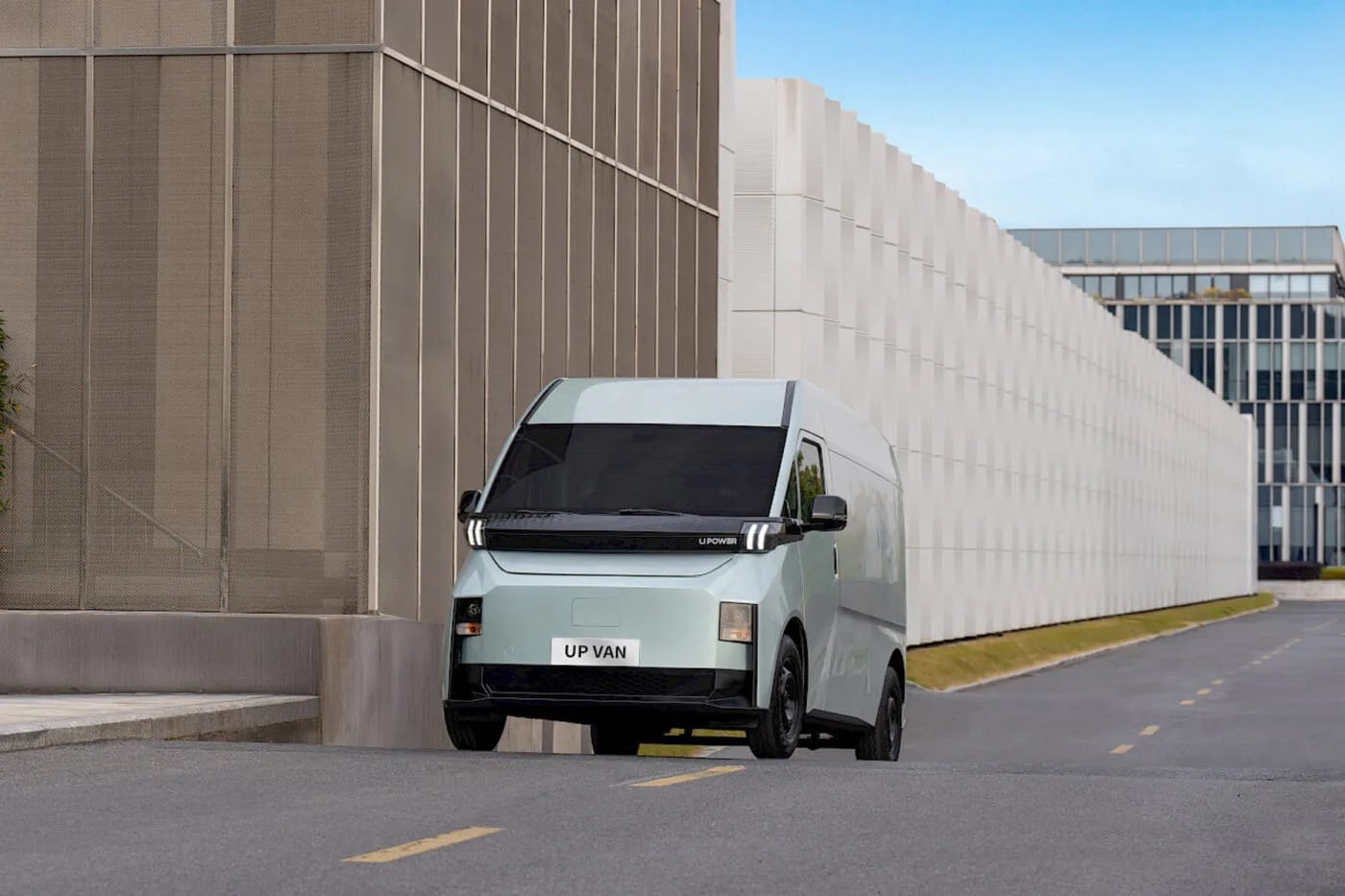
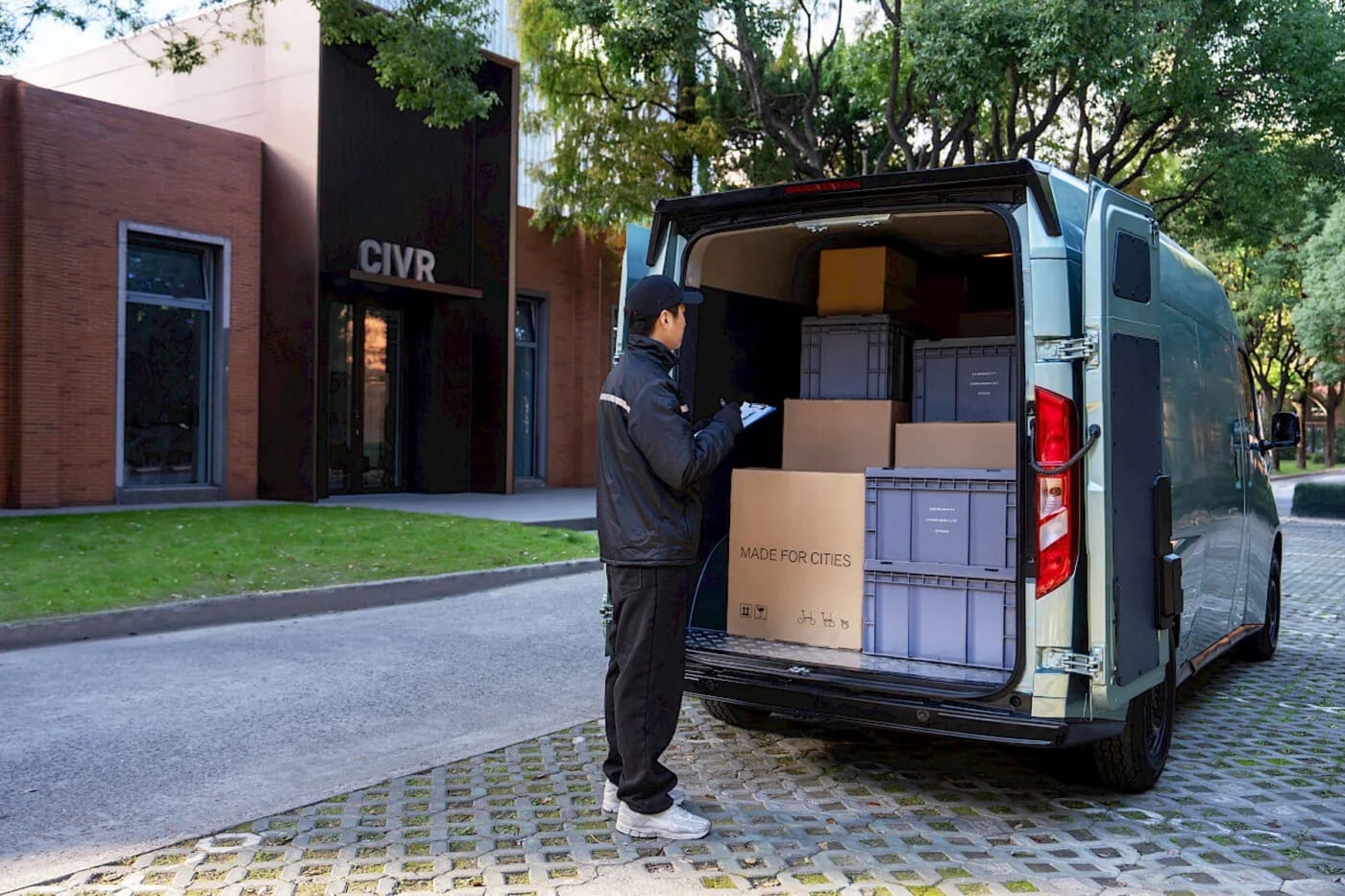
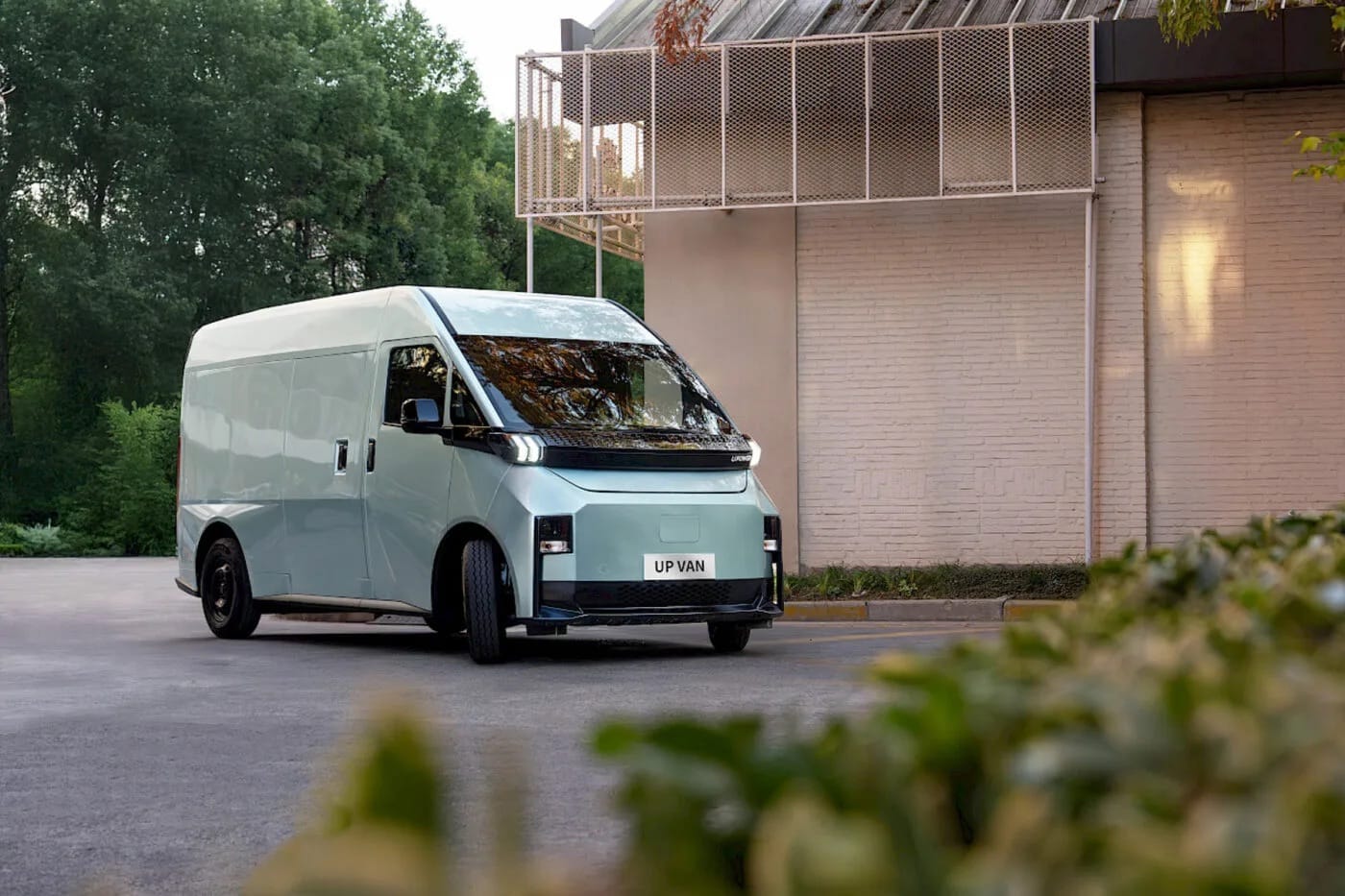
Pricing for the ‘economically attractive’ van may be revealed at the premiere. However, some technical specifications are already known: The UpVan is based on a purpose-built EV platform known as ‘UP Super Board’, not a converted combustion van. The front-wheel-drive model features a 110 kW electric motor delivering 220 Nm of torque. Two battery options are available – 42 or 54 kWh – using LFP cell chemistry.
While StreetRunner has not yet published an official combined WLTP range, it quotes energy consumption at “less than 19 kWh per 100 kilometres,” suggesting an indicative range of between 200 and 300 kilometres depending on battery size. In the WLTP City cycle, range is said to be between 301 and 387 kilometres.
Thanks to the dedicated EV platform, the space-saving architecture enables a cargo volume of between 7.6 and 10.0 cubic metres, depending on model length, which ranges from 4.80 to 5.10 metres. StreetRunner plans to offer the UpVan in two roof heights. The load floor sits 49 centimetres above ground, consistent with typical segment standards. Depending on the combination of battery and bodywork, payload will be between 1.4 and 1.6 tonnes, with a gross vehicle weight rating of 3.2 to 3.4 tonnes – meaning the UpVan can be driven with a standard Category B driving licence.
There is another crucial difference for Schuh and the StreetRunner team: Unlike during the StreetScooter era – when there was virtually no competition in the electric van market (Deutsche Post only commissioned its own vehicle because no OEM could deliver one) – the UpVan must now compete in an already crowded field.
In the sub-3.5-tonne, 5-metre class, Ford has launched the e-Transit Custom, which shares a platform with the VW e-Transporter. Volkswagen Commercial Vehicles also offers the ID. Buzz Cargo, while Mercedes-Benz fields the eVito. Stellantis provides electric vans under multiple brands. Kia is preparing to enter the segment with the PV5 Cargo, and Flexis, with support from Renault, is also targeting last-mile logistics with bespoke EV models.
linkedin.com, street-runner.de (details UpVan; in German), upower.com (details from the manufacturer), vanexperten.de (in German)

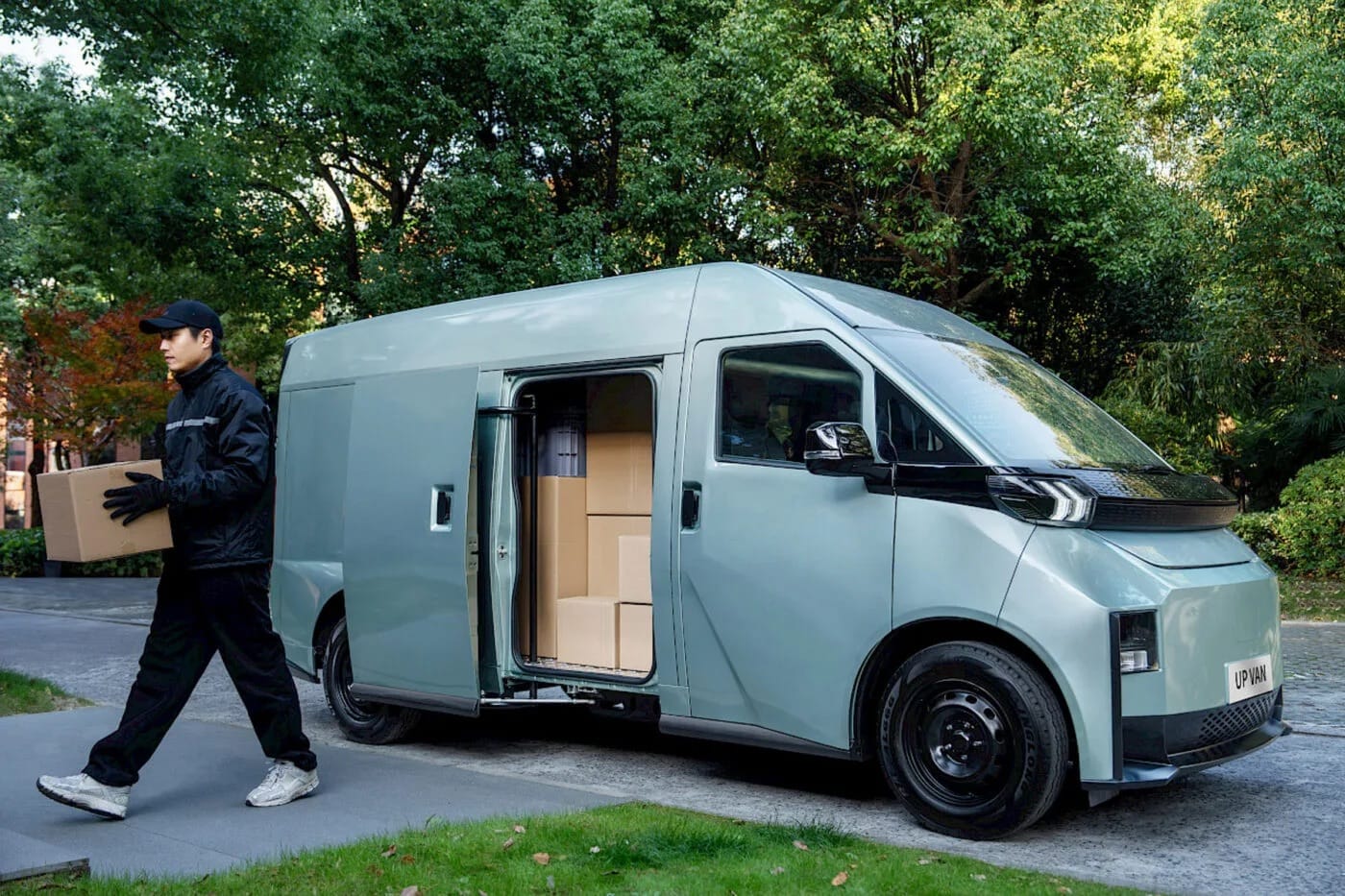
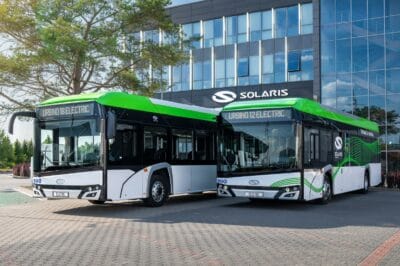
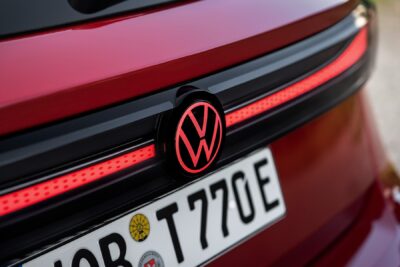
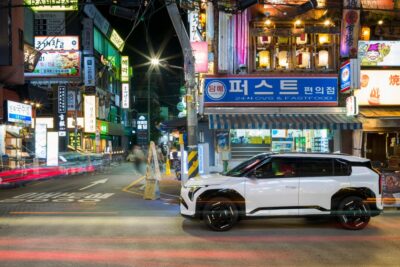
0 Comments